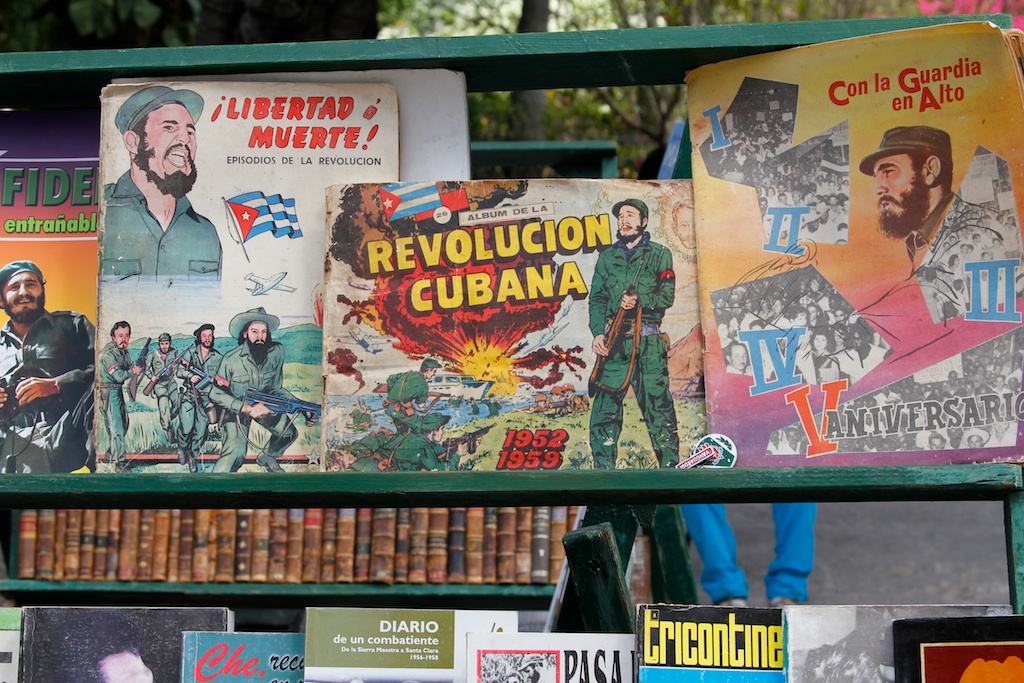
Classic Literature Recommendations: Influential Works and Their Backgrounds
Classic literature has an enduring power to shape thoughts, cultures, and societies. These works not only tell compelling stories but also reflect the complexities of human existence and the societal contexts in which they were written. This article explores several influential literary classics, delving into their narratives, themes, and historical significance.
The Captivating Stories Behind Classics
The Odyssey by Homer
Dating back to the 8th century BCE, The Odyssey is one of the oldest and most significant epics in Western literature. It recounts the adventures of Odysseus as he struggles to return home after the Trojan War, facing numerous trials along the way. This epic not only explores themes of heroism and perseverance but also raises profound questions about identity and the human experience. Its exploration of loyalty, fate, and the quest for home resonates deeply with readers across ages, making it a timeless classic3.War and Peace by Leo Tolstoy
Published in 1869, War and Peace is an ambitious narrative that intertwines the lives of several characters against the backdrop of the Napoleonic Wars. Tolstoy masterfully examines themes of love, loss, and the impact of war on society. The novel’s philosophical reflections on history and human agency challenge readers to contemplate their own roles in shaping events. Its intricate character development and sweeping narrative have established it as a cornerstone of world literature.
Thematic Depths and Cultural Contexts
Madame Bovary by Gustave Flaubert
Flaubert’s Madame Bovary, released in 1857, is a seminal work in literary realism. It tells the story of Emma Bovary, a woman trapped in a mundane provincial life who seeks escape through romantic entanglements. The novel critiques the constraints placed on women in 19th-century France while exploring themes of desire, disillusionment, and societal expectations. Flaubert’s meticulous attention to detail and innovative narrative techniques set new standards for character-driven storytelling.The Metamorphosis by Franz Kafka
Kafka’s The Metamorphosis, published in 1915, presents a surreal tale of Gregor Samsa, who wakes up one morning transformed into a giant insect. This bizarre premise serves as a powerful metaphor for alienation and existential despair in modern society. Kafka’s exploration of identity, family dynamics, and societal expectations reflects his own experiences as an outsider in early 20th-century Europe. The work’s absurdity challenges readers to confront uncomfortable truths about human existence.
Enduring Influence on Literature
One Hundred Years of Solitude by Gabriel García Márquez
García Márquez’s landmark novel, published in 1967, is a quintessential example of magical realism. It chronicles the Buendía family over several generations in the fictional town of Macondo. Through its rich narrative style and blending of reality with fantastical elements, the novel explores themes of solitude, power, and the cyclical nature of history. Its impact on Latin American literature is profound, inspiring countless writers to weave magic into their storytelling.1984 by George Orwell
Orwell’s dystopian novel 1984, published in 1949, serves as a chilling warning against totalitarianism and oppressive government surveillance. Set in a bleak future where individuality is crushed under an authoritarian regime, it examines themes of truth, freedom, and resistance. Orwell’s prescient insights into propaganda and social control continue to resonate today, making it a crucial read for understanding contemporary political dynamics.

Conclusion: The Legacy of Classic Literature
The classics discussed here offer more than just captivating narratives; they provide profound insights into human nature and societal structures. Each work reflects its time while speaking to universal themes that remain relevant today. Engaging with these texts allows readers to explore complex ideas about love, identity, power, and morality—an exploration that enriches our understanding of both literature and life itself.These timeless works continue to influence writers and thinkers around the world, underscoring the importance of classic literature in shaping cultural discourse across generations.



